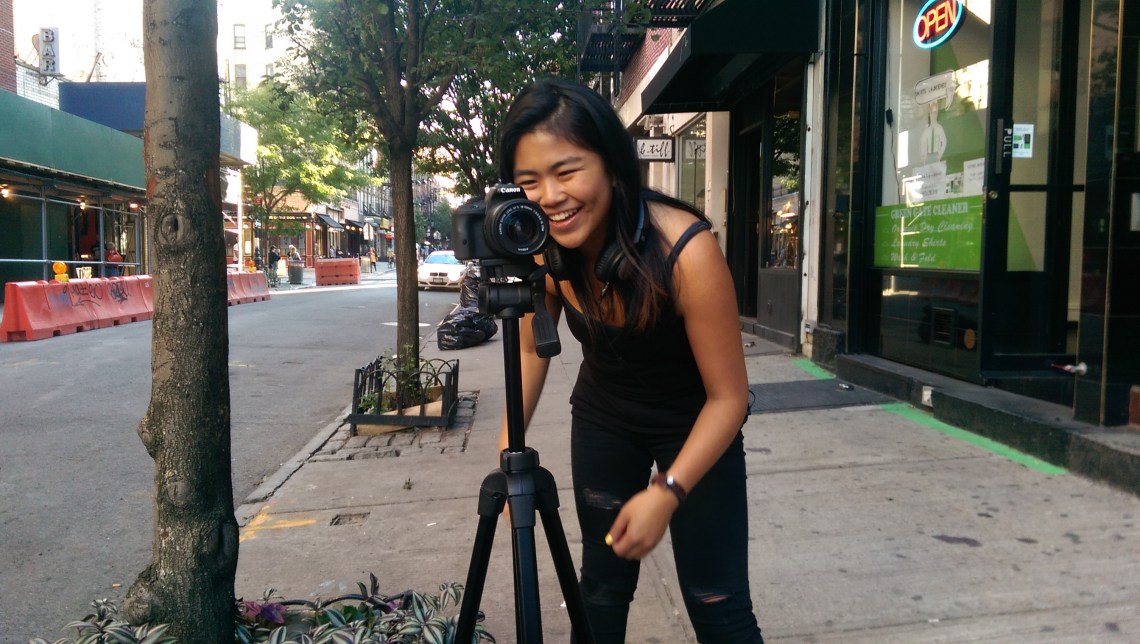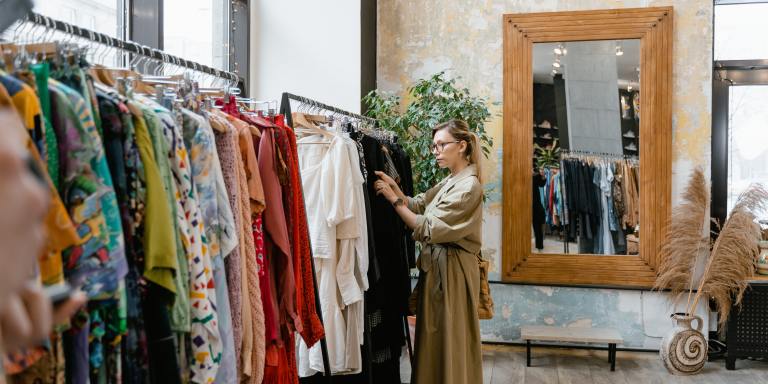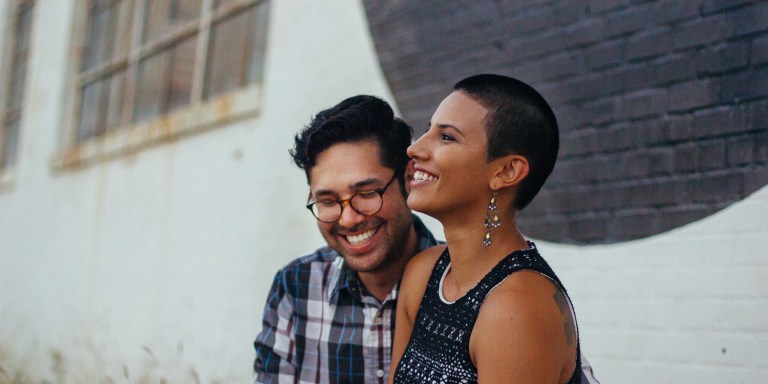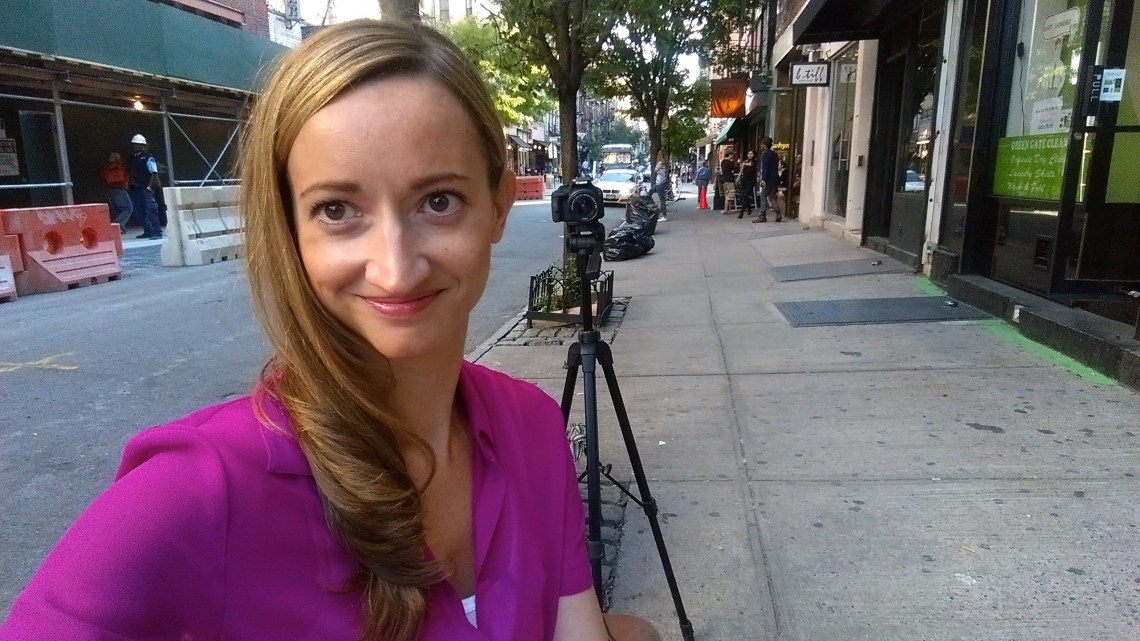
When I learned that my sugar-dating expose for Vanity Fair inspired 23-year-old Parinda Wanitwat to explore the controversial daddy-baby relationship structure through film, I reached out to her immediately. Luckily, the recent Princeton graduate turned amateur documentarian was willing to sate my curiosity—about her, and her project, Daddies Date Babies, for which she’s launched a Kickstarter campaign seeking $30,000 in funding.
Though a novice within the worlds of film and fundraising, Parinda is driven by determination to open up the dialogue surrounding a lifestyle too many people dismiss too easily. As a writer who frequently covers provocative subjects, I know that sex, money, and love, when bundled, form a combustible mix. But that only speaks to the importance of shedding some objective light on the issues underlying this three-ingredient recipe for impassioned debate.
Parinda has already started filming five 20-something sugar baby subjects and released a trailer, but she needs additional funds to bring her project to fruition. If you believe in things like freedom of speech and questioning the status quo, hers is an undertaking worth supporting—not just with a proverbial pat on the back through kind words, but with some of that hard earned cash! Whether or not you think it’s okay to exchange sex and/or companionship for money in a more overt manner than traditional dinner dates demand, hopefully we can all agree it’s morally permissible to support a creative endeavor centered on human sexual behavior.
Below, the enterprising Parinda Wanitwat answers a few questions about Daddies Date Babies.
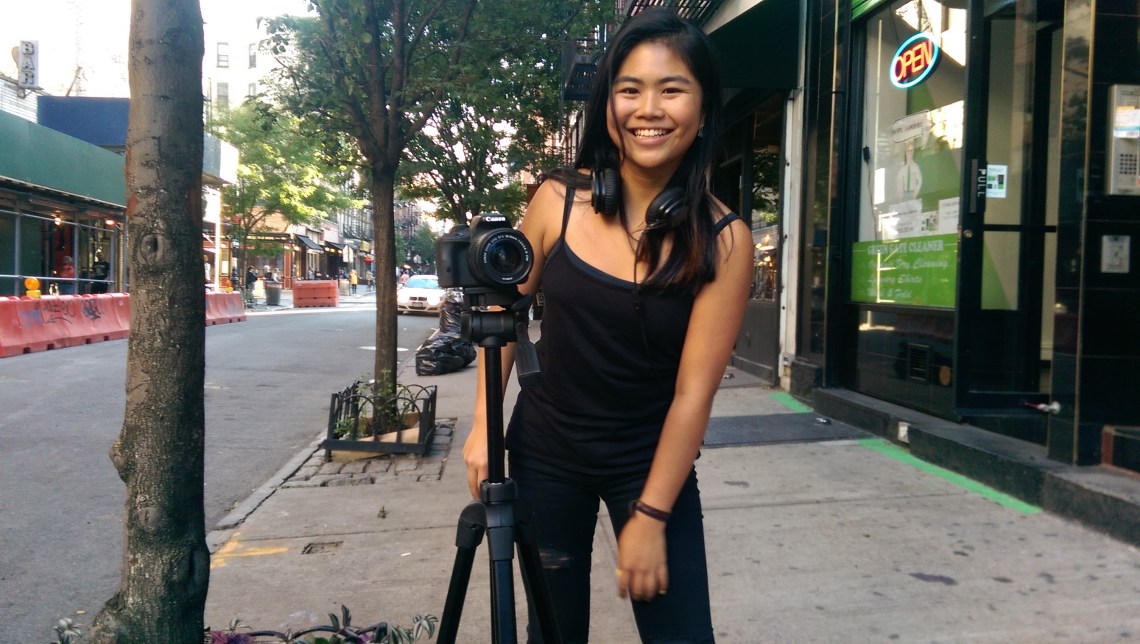
Thought Catalog: Susan Patton initially called your project “disgraceful.” Have you fielded any other such responses, or dealt with any online trolling?
Parinda Wanitwat: To be honest, I don’t follow the comments on the Daddies Date Babies media coverage very closely. I trust that any well reasoned response, whether positive or negative, would find me somehow. In those cases, I do ponder the reactions. Even Susan Patton’s response, I wouldn’t call outrageous. I don’t agree with her reasoning, but I appreciate the honest feedback. I actually wrote her a thank you note!
TC: Why do you think people tend to become so heated over the sugar baby phenomenon?
PW: I think we’ve been socially conditioned to shame certain behaviors and relationship constructs. I’m not entirely sure what the causes are; historians and gender study theorists have their hypotheses. Whatever the causes are, society overall seems to feel uncomfortable when money, love, sex, and romantic relationships get thrown into the same equation. Sugar-dating strikes many as ugly because we (in my opinion, arbitrarily) tend to shame trading sex and/or companionship for money and/or other forms of returns.
TC: Brandon Wade, the founder of the popular sugar-dating website Seeking Arrangement, was recently quoted by CNN: “Love is a concept invented by poor people. Love at first sight that sends shivers down your spine is a fairy tale, and it doesn’t last forever. Such infatuation must be transformed into a selfless form of love, empty of possessive expectations, for any relationship to endure.” How do the sugar babies you’ve interacted with feel about love?
PW: Speaking not-specifically for any of my five subjects, just like the rest of us, they are all in a quest to discover what love is and what it means to them. Some are at the point in their lives where they have found a certain framework or definition that works for them. Others are going through trials and errors. In terms of the CNN article you referenced, I think the title, “Love Doesn’t Exist,” is a bait-y way to call attention to a news article. I believe what Brandon Wade meant was that his website(s) encourage people to approach romantic relationships beyond traditional frameworks.
TC: What’s your opinion on the matter of love?
PW: I think the term “love” is highly problematic from a linguistic standpoint because everyone references it regularly, but it means so many different things to different people. I want to write an essay about that one day! For now, the documentary will have to do as a starting point.
TC: How have your views towards romantic relationships changed since you started this project?
PW:Not much (ha!). I’d say I personally am skeptical of all the things society tells us to do.
TC: How do you feel about engagement rings and other more acceptable/traditional forms of economic arrangements within relationships?
PW: I think they’re fine. I’m happy for the people for whom those arrangements work out. If that’s your thing, do your thing! The point of my documentary is to respectfully ask why some people—even most, maybe—are not okay with relationship forms that are unfamiliar to them.
TC: You address the lack of safe sex practices and/or lack of safe sex education among sugar babies. Do you think sugar babies are any less well versed in this area than other 20-somethings? If so, why might that be the case, in your opinion?
PW: I don’t think sugar babies are any less well versed in sexual health awareness than other 20-somethings. I cannot speak for all sugar babies; I can only speak from my experience with the sugar baby subjects in my documentary. I think they might be representative of the less-than-ideal level of awareness. That said, however, some of my subjects definitely have done their research well. Part of the purpose of highlighting the rickety awareness on sexual health in the documentary is that some highly educated people are not even the most aware people, which, to me, seems to say something about the state of sex education.
TC: Why didn’t you decide to claim that you were once an active sugar baby, as you were advised to by some, who argued that doing so would generate more interest in your project?
PW: Because doing so would have been shortsighted. I’m focused on the quality and potential impact of my work, not the project’s popularity. What I’ve learned so far is that not all intentions are created equal! I have no intention of sensationalizing the topic. I do want my work to reach a wide audience, however, but only because I believe I’m sending a message worth thinking about.
TC: What has been the most challenging aspect of running this Kickstarter campaign so far?
PW: To make people who are allegedly interested in the subject matter actually help make it happen by supporting us financially! It’s perplexing to me to hear people say, “Congratulations, your project is really interesting! I can’t wait to see the documentary,” and then choose not to back the project on Kickstarter. Ha! I mean, no offense. It’s just that if you don’t back it, it won’t happen because I’m an independent filmmaker and I can’t make the film without the funding. There’s a marketing case study embedded in there that piques my intellectual curiosity tremendously. ![]()
